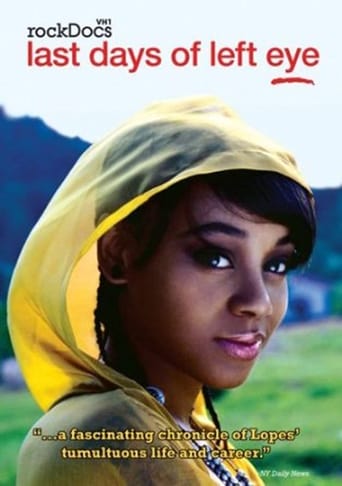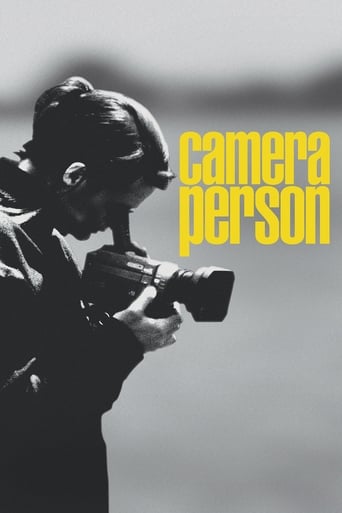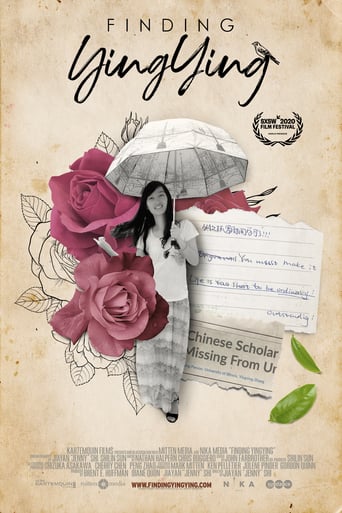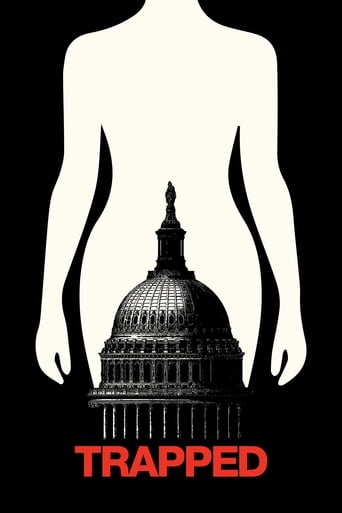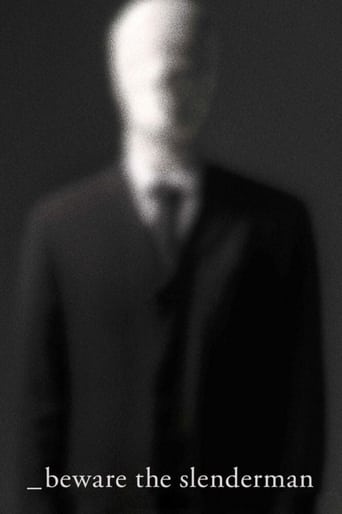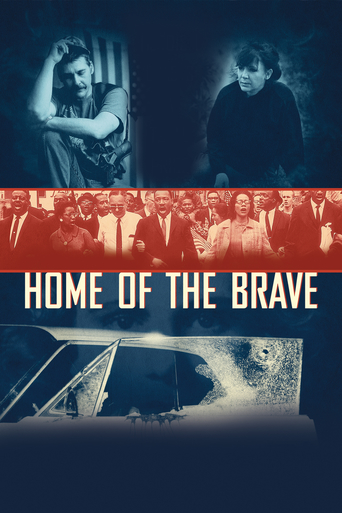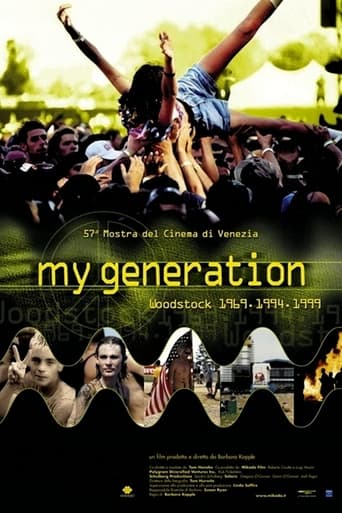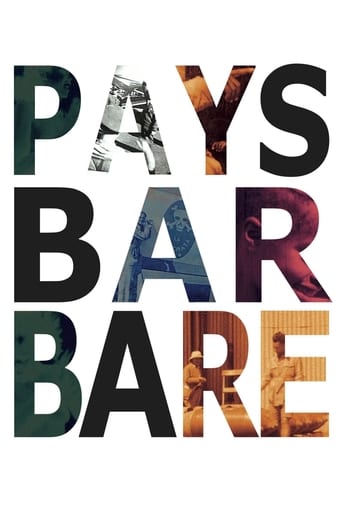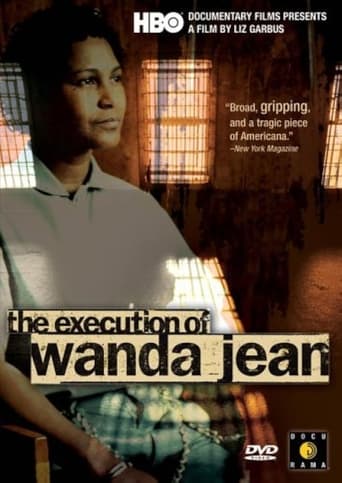

The Execution of Wanda Jean (2002)
The Execution of Wanda Jean chronicles the life-and-death battle of Wanda Jean Allen, the first black woman to be put to death in the United States in the modern era.
Watch Trailer
Cast


Similar titles
Reviews
Save your money for something good and enjoyable
The performances transcend the film's tropes, grounding it in characters that feel more complete than this subgenre often produces.
It's an amazing and heartbreaking story.
There's no way I can possibly love it entirely but I just think its ridiculously bad, but enjoyable at the same time.
"The Execution of Wanda Jean" is a documentary from HBO films that tries to question the appropriateness of the execution of Wanda, an explosive woman who was described as being on the borderline between mental retardation (though through the course of the interviews, she did not appear to be obviously mentally retarded and a follow-up IQ test had a higher score--still well below normal). They began working on this film before her eventual execution and features not only interviews with her but her family, friends, folks from the criminal justice system and the victim's family. As far as the murder goes, Wanda Jean's lover, Gloria, was trying to leave her and even went to the police for help. But Gloria gunned her down in the parking lot of the police station in a moment of rage.While this is a reasonably well made film and makes a decent point about the appropriateness of the death penalty in this specific case, the film does have one HUGE problem...this was NOT a one-time incident. The fact that Wanda Jean had previously murdered another person when she got angry makes this a difficult case to get behind and champion. On the other hand, the recent Oscar-nominated short documentary, "Last Day of Freedom" makes a much better case, as the guy in question had never murdered anyone before and suffered not only from a cognitive impairment but PTSD and, perhaps, schizophrenia. This case was clear....by almost anyone's standards, he should not have been executed. As for Wanda Jean, she did not appear too slow to understand her actions and it makes the film a much more difficult appeal for the repeal of the death penalty. It's a muddier case...but one where I found myself feeling very, very little sympathy for Wanda Jean--especially with so much money and effort being spent on her defense. And, sadly, I think the filmmakers also seemed to feel very little for the many victims Wanda Jean created. An even stronger emphasis on the family and her dead lover would have served the film better.Well made but a bit unsettling due to its choice of prisoners. I really doubt if this film will change many minds. Would justice have been better served if she had just spent the remainder of her life in prison, probably. But she was a very dangerous woman...and one who hurt so many people. And I also felt showing close-ups of her in the coffin at her funeral seemed a bit gratuitous.After the movie was over, I was left with the thought that it's amazing that so many folks worked so hard to help Wanda Jean AFTER she was a lost cause (i.e., had two murders behind her). What if these folks had worked with Wanda Jean or people like her BEFORE they got to that point? To me, this all seems a bit misguided.
Director Liz Garbus has made a documentary that is not impartial (what is?), but she still manages to deliver an emotional blow against capital punishment. We become a third party to barbarism dressed up in nice suits and righteous, grotesque Christian indignation. Wanda Jean Allen is out of touch with reality. As she faces her last moments of existence, she still thinks she's going back to her Oklahoma City jail cell in the morning. Even strapped to her execution gurney, she playfully sticks out her tongue and simulates dancing. She somehow thinks it's all part of a process. Does anyone really believe that the family of Gail Leathers (the murdered woman) is relieved that Wanda Jean is dead? Does that make them feel good in the morning? Maybe so, but what about the next morning? 'Closure' is a myth. Even the murdered woman's mother forgave Wanda Jean (in the spirit of Christ and the original meaning of Christianity), but that still wasn't good enough for the Bible-thumping State of Oklahoma. The contradiction glares at the viewer.It was disturbing to see this woman at the clemency hearing, where the ostensibly impartial three-person board had rubber-stamped the outcome long before the hearing was even held. It was a bad joke. One member of the board (a black man) was caught yawning and looking very disinterested. Later, he was seen laughing with another member of this kangaroo board. Director Garbus captured this brilliantly with no comment. This was documentary film-making at its finest.Wanda Jean was a murderer, for any number of reasons. We'll never know why. The State of Oklahoma was more interested in exacting Biblical vengeance than studying the murderous nature of a mentally slow human being. The film vividly shows us that she wasn't conscious of what was real or unreal. She should have been caught in the system after her first killing in 1981, long before the murder of Gail Leathers in 1988. Apparently, Oklahome has no such system. Garbus even offers us a bizarre (and dead-serious) newscast that highlights Oklahoma's 'executions of the week,' a check-list of those awaiting their fate on death row. I didn't know how to process this exercise in literal gallows humour.The emotion in this film can overwhelm you at times, particularly if you don't believe in capital punishment in general and, in this film's case, capital punishment for someone who is obviously not mentally in tune with reality.
I was watching her story on A&E today and I found it very interesting. so interesting that I immediately Googled her name so that I could read about her story in more depth. What I did not know was that she was convicted previously and did crime for killing another lover. I was feeling sorry for her until I read more about her and I see why she was not granted clemency. It seems that she was making a habit out of killing and she needed to be stopped. LIke her family, I think that execution was a cop out and she should have spent the rest of her life in prison. Her team worked exceptionally hard on her case and at the end was really emotional and I could see the sincerity of his pleas for her to live. Excellent piece of work and A&E should re-play it.
I am sure the family knew why their loved one was in prison. They were asking why is she being executed.If that was your mother, sister, daughter, granddaughter would you feel the same about the death penalty? Killing people who kill people to show that killing people is 100% wrong. It costs more to execute a person then to keep them in prison the rest of their life.It is interesting you think they don't suffer when a person is put to death. Maybe you should tell the states who have put executions on hold right now that they don't suffer.There is pain from both families. In a matter of seconds lives can be turned upside down forever. The death penalty does not stop that. «An execution is not simply death. It is just as different from the privation of life as a concentration camp is from prison. It adds to death a rule, a public premeditation known to the future victim, an organization which is itself a source of moral sufferings more terrible than death. Capital punishment is the most premeditated of murders, to which no criminal's deed, however calculated can be compared. For there to be an equivalency, the death penalty would have to punish a criminal who had warned his victim of the date at which he would inflict a horrible death on him and who, from that moment onward, had confined him at his mercy for months. Such a monster is not encountered in private life.» copied «The lethal injection method has turned dying into a still life, thereby enabling the state to kill without anyone involved feeling anything. Any remaining glimmers of doubt about whether the man received due process, about his guilt, about our right to take life cause us to rationalize these deaths with such catchwords as "heinous," "deserved," "deterrent," "justice," and "painless." We have perfected the art of institutional killing to the degree that it has deadened our natural, quintessentially human response to death.» -- Susan Blaustein, journalist, reacting to having witnessed an execution in Texas, in: "Witness to Another Execution", Harpers Magazine, May 1994, p. 53.


